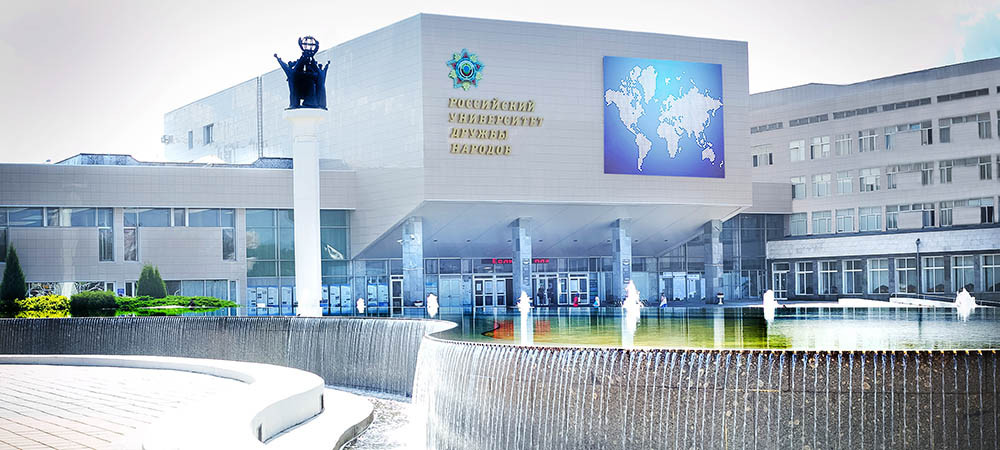Blischenko Congress
Venue
Moscow is the capital of the Russian Federation, Federal city, the administrative center of Central Federal district center of Moscow region, which is not included. The largest city in Russia by population and its subject — 12,692,466 people (2020), the most populated of the cities located entirely in Europe, is among the top ten cities in the world by population. Moscow is an important tourist center of Russia. The Moscow Kremlin, Red square, Novodevichy monastery and the Church of the ascension in Kolomenskoye are included in the UNESCO world heritage list. Moscow is also the largest transport hub in the Russian Federation. Many types of public transport are developed inside the city, and it is located in the center of a network of Railways and highways. The Moscow metro is the main means of transportation within the city. International airports of the city allow guests and residents of the capital to move around the country with comfort. River channels connect the capital with four seas, where river excursions are well developed. Various branches of scientific research institutes are concentrated in the city. Cosmonautics and nuclear energy allows the city to be called a major scientific center. At the same time, Moscow is one of the most important educational centers in Russia. Thousands of students enter higher education institutions in the city every year. The capital trains specialists in the fields of Economics and science, music and art, medicine and sports, and other various fields.

The RUDN University (Peoples' Friendship University of Russia) is one of the leading universities in Russia and has the status of a federal university. The Peoples' Friendship University was founded on February 5, 1960 by the decision of the Soviet Government. On February 22, 1961, the University was named after Patrice Lumumba — one of the symbols of the struggle of the peoples of Africa for independence. Students and researchers were free to study and do research outside of the political context, firmly following the great principles of friendship and mutual support. On February 5, 1992, by a decision of the Russian Government, the University was renamed to the Peoples' Friendship University of Russia.
The peculiarity of RUDN University is its multi-ethnic nature: among students, postgraduates and trainees - representatives of 450 nationalities and nationalities from more than 150 countries, the University combines various training areas and trains future mathematicians, physicists, chemists, farmers, environmentalists, doctors, economists, lawyers, philologists and diplomats.
Russian and several foreign languages are provided by the world-famous school of teaching Russian as a foreign language and the modern system of teaching foreign languages. In addition to training highly qualified specialists for many dozens of countries around the world, the University and its faculties maintain extensive relations with many universities in the field of exchanging modern ideas for the development of University education, conducting joint research, exchanging students, inviting famous researchers and teachers to give lectures, etc. Every year the number of graduates of RUDN University increases by 5-6 thousand people. Now RUDN graduates are working in more than 170 countries.

.
